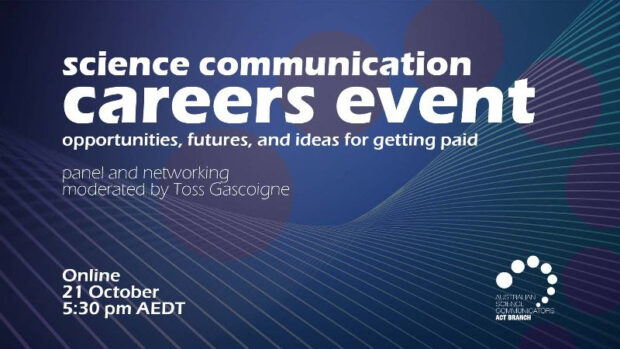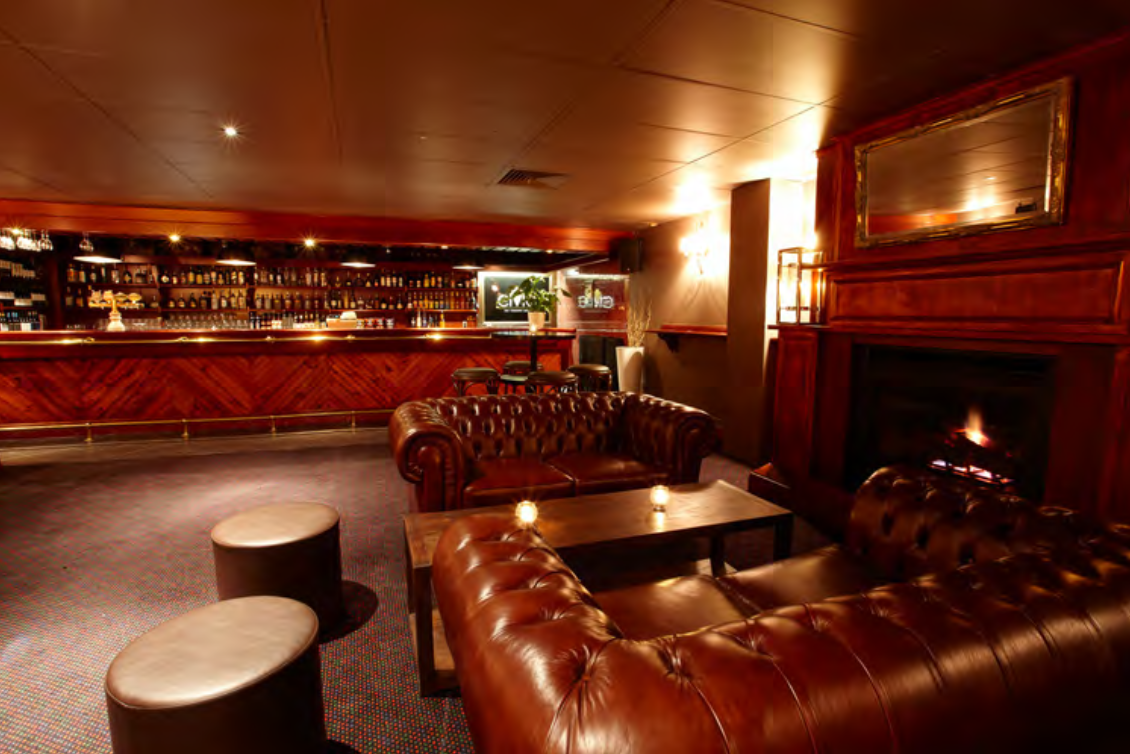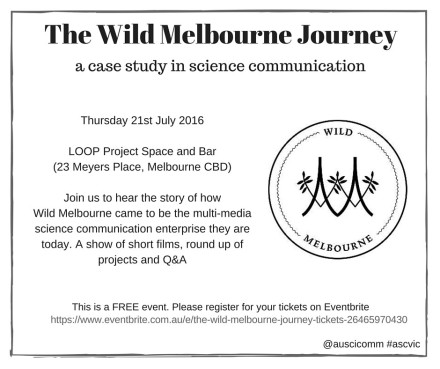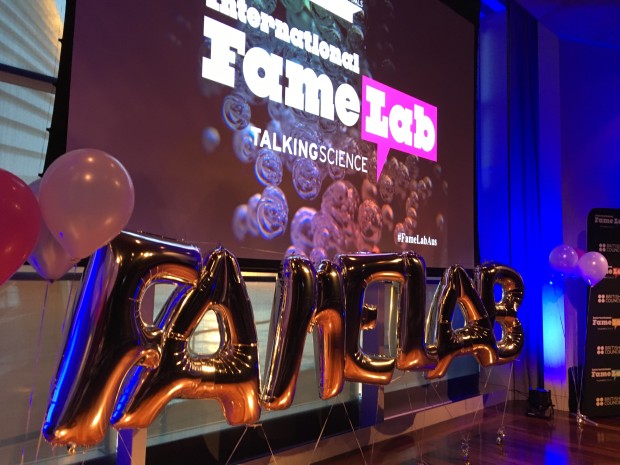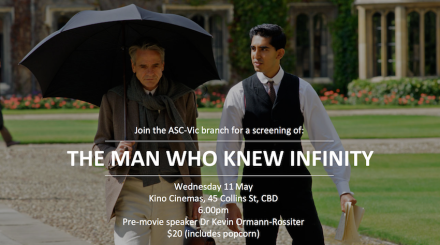Want to build your career in science communication? Then the science communication careers event is for you.
On Thursday October 21, the Australian Science Communicators ACT Branch will deliver their annual careers showcase event with a panel discussion to highlight a range of career opportunities. Breakout networking rooms will follow to give you the chance to speak directly to professionals in the field and have your questions answered.
Join us from your home, workplace or couch and discover where a career in science communication can take you.
Our three panelists for the event are:
1. Isla Nakano – Science communicator & digital content producer. [More information about Isla]
2. Dr Simon Torok – Director of Scientell. [More information about Simon]
3. Cassandra Diamond – Executive Manager of Business and Operations for CSIRO Education and Outreach . [More information about Cassandra]
This event is being held online via Zoom, moderated by Toss Gascoigne.
Date and time: Oct 21, 2021 05:30 PM in Canberra, Melbourne, Sydney
Registration is required and free for all prospective scicomm job seekers in Australia.

